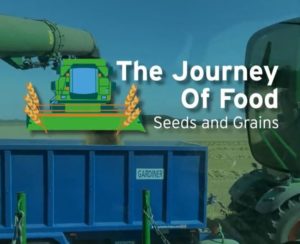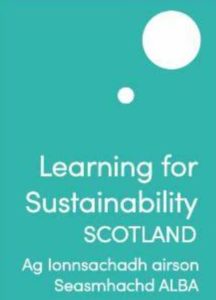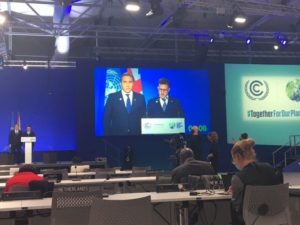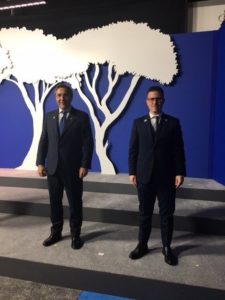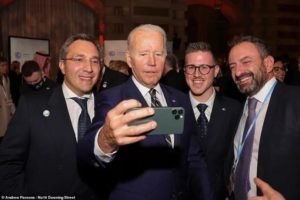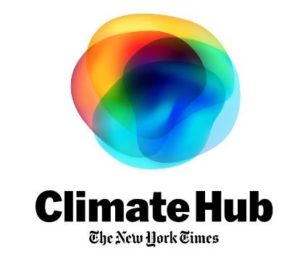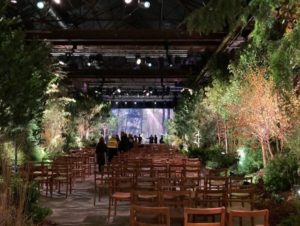Children issue call to action on Learning for Sustainability and outdoor learning
This latest report from the Children’s Parliament contains a clear call to all educators in all subject areas – our children want to receive their entitlement to Learning for Sustainability including learning about climate change, more frequent opportunities for outdoor learning and contact with nature. These findings echo the findings of other consultations such as the response to Prof Ken Muir’s Report: Putting Learners at the Centre. Hear what our children have to say.
Public consultation for the Independent Review of Qualifications and Assessment/Hayward Review is now live!
Links to the public consultation can be found below:
Professor Hayward’s Independent Review of Qualifications and Assessment – gov.scot (www.gov.scot)
Professor Hayward’s Independent Review of Qualifications and Assessment – public consultation – Scottish Government – Citizen Space
The secretariat are happy to answer any questions that you might have – qualificationsreform@gov.scot.
Join the National Discussion on the Curriculum
The National Discussion was launched at SLF – please get involved and encourage others to respond, especially young people.
Resources are available on the national website: https://consult.gov.scot/national-discussion-scottish-education/
Complete the survey at: https://consult.gov.scot/learning-directorate/national-discussion-on-education/
The conversation is being supported by Scottish Government in partnership with COSLA.
There are a number of live discussion events taking place online on 16 and 23 November, supported by Professors Alma Harris and Carole Campbell.
It is a tight timescale for responding – the National Discussion ends 5/6 December.
Take part in the LfS Scotland event on 7 Nov on the response to the Hayward Review Consultation.
Join the National LfS Practitioner Network
Practitioners with an interest or responsibility for Learning for Sustainability are invited to join the national Learning for Sustainability Network in Teams in Glow. Joining code: O4sj08j.
The network provides an opportunity to connect with like-minded practitioners, hear about latest opportunities and to share approaches, practice, resources and ideas.
SCQF project on Learning for Sustainability qualifications is now officially live and open for submissions.
Through the national LfS Action Plan and with support from Scottish Government, SCQF is seeking to increase the number and range of SCQF credit-rated courses associated with LfS. Organisations across Scotland are being encouraged to submit proposals for new courses that can be SCQF credit-rated.
Details can be found here:
Learning for Sustainability Funded Project 2022/23 | Scottish Credit and Qualifications Framework (scqf.org.uk)
The closing date for applications is 11 November. If you need any additional information, please get in touch with Nicola Smith: N.smith@scqf.org.uk
Learning for a Sustainable Future
5-week MOOC (Massive Open Online Course)
Join a personal and professional global learning journey towards a sustainable future. This course supports you to reflect, investigate, discuss and develop an informed response to the global challenges that matter to you.
Find out more and sign up here
‘Learning for Sustainability and the Professional Standards’
Learning for Sustainability Scotland are hosting a monthly Drop-In with GTC Scotland
Last Thursday of every month.
Join the Learning for Sustainability conversation. Our monthly Drop-Ins Connect you with other teachers and contributors to collaborate on, inspire, inform and celebrate Learning for Sustainability across your teaching, setting and learning community.
Find out more and sign up here
‘Learning for Sustainability and “Putting Young People at the Centre”’: a round-table discussion for the youth work sector
5 October, 16:00 – 17:00
The Scottish Government and COSLA are launching the ‘most inclusive ever discussion on education in Scotland, with learners playing a key part in decision-making’. In addition, a refresh of the national Learning for Sustainability Action Plan is currently underway. How do we ensure that youth work sector organisations can collaborate to support these important new developments?
Find out more and sign up here
Plastic Pollution Live Lesson, 7-11 November
The Plastic Pollution Live Lessons from Keep Scotland Beautiful offer tailored content for Early Years-P3, P4-P7 and secondary schools.
School Partnerships & Global Learning: CCGL Practitioner Research, 10 November, 16:30
The Development Education Research Centre (DERC) is hosting a second research webinar to introduce and celebrate further research studies produced through the Connecting Classrooms through Global Learning (CCGL) Practitioner Research Fund.
John Muir Award, Wild Places and Education Priorities, 16 November, 16:00
Join the John Muir Trust online to explore how wild places and the John Muir Award can benefit learning and educational priorities in Scotland.
Rights Across the Curriculum: Teaching About, Through and For Rights, 17 November, 16:30
This interactive, two-part course from Scotland’s Development Education Centres will help you to develop a rights-based approach across your teaching, learning and wider school life.
Develop Arts-based Outdoor Learning in your School with Out to Play
Eco Drama’s 2023 Out to Play Residencies Programme is now available to book for primary schools in Glasgow and surrounding areas.
Positive Imaginings: Creative Climate Education
Positive Imaginings from Rowanbank Environmental Arts and Education is a Creative Climate Education Project, which explores children’s imaginings of a positive future in the face of climate change. Expressions of interest are invited from primary schools for their Spring, Summer and Autumn terms 2023.
Introduction to Teaching Sustainability and Climate Action in Schools
Discover the role that learning for sustainability and climate action has to play in tackling the climate crisis. On this four-week course from the University of Glasgow, you’ll delve into the role of education in addressing the current climate crisis.
Dirt Is Good Schools Programme
The Dirt Is Good Schools Programme from Persil and its partners enables young people to take action on the environmental and social causes they care about; planning and delivering a social or environmental project that works towards one of the United Nations’ Sustainable Development Goals.
Watch Again: Scottish Learning Festival 2022
The SLF 2022 ‘watch again’ facility is now live with more than 65 seminars, spotlights and satellite events from the two-day conference available to view online; including a range of seminars on Learning for Sustainability and Outdoor learning.
Scottish Junior Forester Award
Outdoor and Woodland Learning (OWL) Scotland are pleased to announce a range of courses this winter on the recently launched Scottish Junior Forester Award. Venues include Abriachan Forest Trust – Inverness, Kinnoul Hill – Perth, Pollok Park – Glasgow and Newbattle Abbey in Dalkeith. The Newbattle and Abriachan courses will cover tree planting and the Glasgow and Perth course will cover tool use.
 How should we take positive action towards a sustainable future? The University of Edinburgh, Learning for Sustainability Scotland, and the British Council, have created a free, short, facilitated online course ideal for anyone interested in sustainability and of particular interest to educators.
How should we take positive action towards a sustainable future? The University of Edinburgh, Learning for Sustainability Scotland, and the British Council, have created a free, short, facilitated online course ideal for anyone interested in sustainability and of particular interest to educators.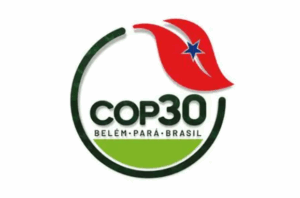
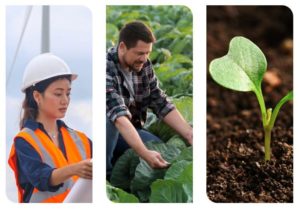

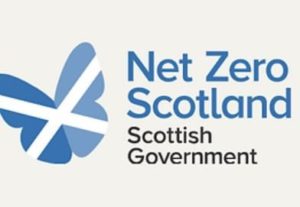 Join communities, schools, businesses and individuals across Scotland taking action on climate change. Climate Week celebrates progress – and shows us all how to go further.
Join communities, schools, businesses and individuals across Scotland taking action on climate change. Climate Week celebrates progress – and shows us all how to go further.
